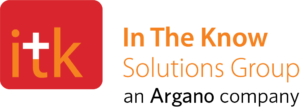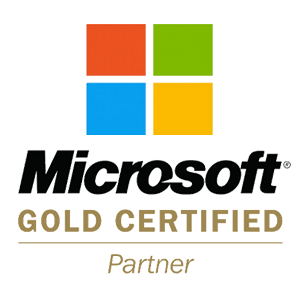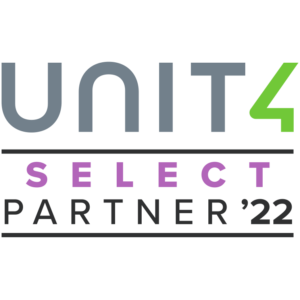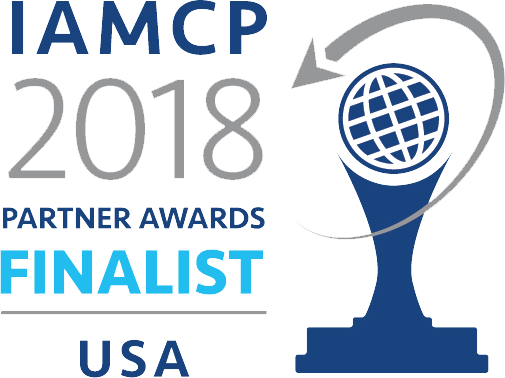 So you’ve finally decided it was time to kick your antiquated systems to the curb and begin the exciting journey of selecting a new ERP solution? That’s good news! We here at ITK know how daunting the ERP software selection process can be when you don’t have the experience that’s required to effectively sift through all the ERP products and partners available to you. Especially if you don’t know which questions to ask, and what factors need to be considered. Thankfully, there are several experienced companies that provide ERP related software selection services, and we happen to be one of them. But, for those brave companies that choose to navigate the ERP software selection process alone, we’ve compiled a list of 17 questions for your company to ask before you select your next ERP software solution and partner.
So you’ve finally decided it was time to kick your antiquated systems to the curb and begin the exciting journey of selecting a new ERP solution? That’s good news! We here at ITK know how daunting the ERP software selection process can be when you don’t have the experience that’s required to effectively sift through all the ERP products and partners available to you. Especially if you don’t know which questions to ask, and what factors need to be considered. Thankfully, there are several experienced companies that provide ERP related software selection services, and we happen to be one of them. But, for those brave companies that choose to navigate the ERP software selection process alone, we’ve compiled a list of 17 questions for your company to ask before you select your next ERP software solution and partner.
1. What’s the average 5-7 year TCO & ROI for the ERP solution(s) being considered?
Initial implementation costs (license fees, consulting fees, hardware costs, etc.…) should not be the only costs that your company takes into consideration when selecting a new ERP solution. Just because an ERP solution may cost less to implement, up-front, does not mean that it is going to be cheaper in the long-run. Typically, companies will look to update / implement an ERP solution every 5-7 years, so it’s extremely important that your company try to find some facts and figures that show you the average 5-7 year Total Cost of Ownership (TCO) and Return on Investment (ROI) associated with each ERP solution being considered. Finding an unbiased resource that provides 5-7 year average TCO and ROI calculations for each given ERP product can be quite difficult. However, it’s not impossible. Using figures from a decade-old average TCO and ROI research study may not give your company the most accurate figures to work with, but it should at least give your company a solid baseline TCO / ROI calculation for each ERP product being considered.
Related Post: Calculating the Post-Deployment ROI of your ERP Investment: 3 Step Process
2. Is the ERP solution provider continuing to invest in R&D?
Generally speaking, the product life-cycle for most ERP solutions is anywhere between 5-7 years. Which is why it’s so important that you look for an ERP solution provider that’s continually investing in the research and development of their product. Most ERP solution providers will offer their current / potential customers a product roadmap. Typically, these ERP product roadmaps will give your company a better idea of the level of commitment that each ERP solution provider dedicates to their product. Finding an ERP solution provider that dedicates a reasonable amount of funding into R&D will help reduce the chances of your selected ERP solution becoming discontinued or unsupported. Obviously, these product roadmaps cannot predict the future, but they can still provide your company with the insight necessary to select an ERP solution that will be the best long-term investment. Finally, you will want to make sure that you’re investing in an ERP product that’s going to add new functionality to keep pace with business evolution. A healthy investment on the part of the software vendor suggests that you will receive new and better functionality for free as part of your annual maintenance.
3. What are the average annual maintenance and support costs?
It’s a bit harder to find accurate and up-to-date resources regarding average maintenance and support costs, but the information is out there. Even older research studies that address this question can provide your company with valuable insight into the average maintenance and support costs associated with each ERP solution being considered. Getting more granular, your company should seek out information regarding the average annual percent change in maintenance and support costs for each of the prospective ERP solutions. That information might be even harder (if not impossible) to find online, but most ERP software providers / partners should be able to answer that question for you.
4. How easy is the ERP solution to use and learn?
When moving to a new ERP solution, you’ll want to consider how easy the software is to use and learn. If it’s overly-complicated then users will be less likely to adopt the software, which can lead to some serious issues down the road. Implementing an ERP solution that has a smaller learning curve will not only reduce the initial training costs associated with a new ERP implementation, but also the on-going costs that your company will incur as you hire and train new employees. It’s also very important that you ask the ERP solution provider(s) what type of training and resources they offer their user-base. Typically, ERP products with a larger user-base will have a more active online community and offer users access to a more robust product resource library. Which makes it a lot easier for your users to learn the new product, and will also reduce their reliance on customer support services.





